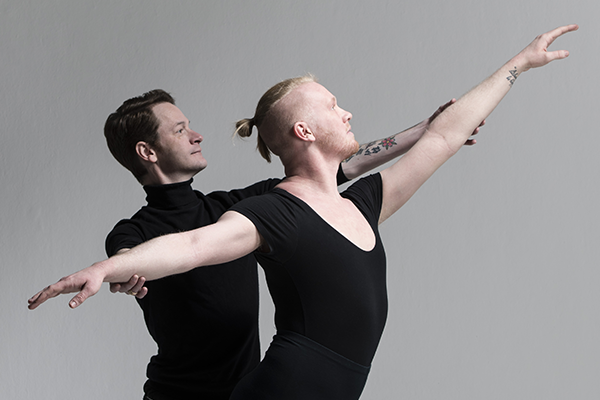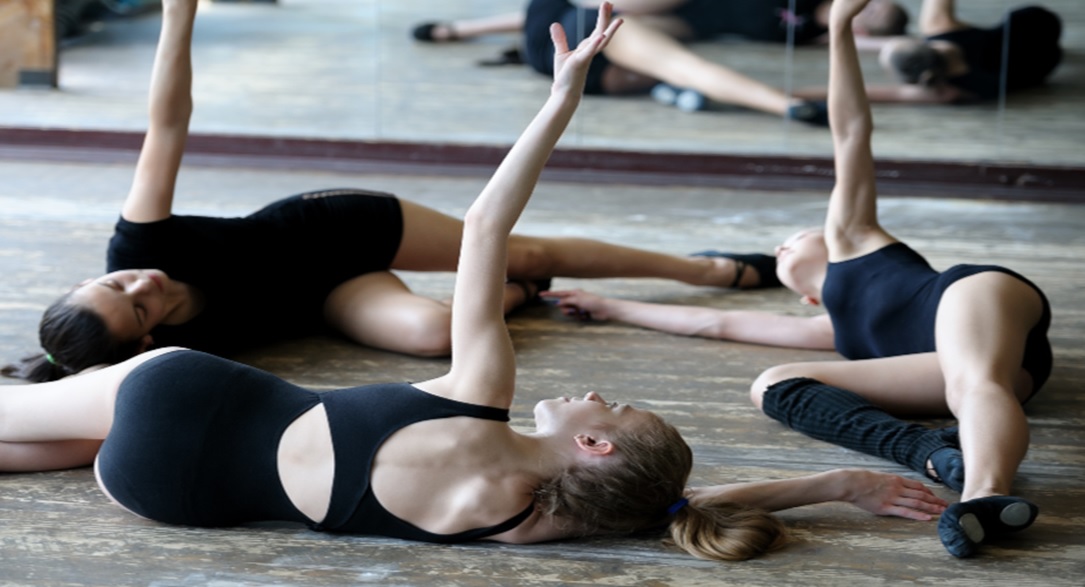The Royal Academy of Dance (R.A.D.) sets a high standard for ballet training worldwide, offering a structured syllabus that guides students from beginners to advanced levels. However, students often make mistakes during their R.A.D. dance exams that can affect their performance and scores. Understanding these common pitfalls and how to avoid them is crucial for success.
Lack of Preparation
One of the most significant mistakes students make is not dedicating enough time to prepare for their ballet R.A.D. exams. The R.A.D. syllabus is comprehensive, covering various aspects of ballet, including technique, musicality, and performance skills. Insufficient preparation can lead to poor execution of movements and a lack of confidence during the exam.
Solution:
Consistent Practice
Set a regular practice schedule well in advance of the exam. Focus on both technique and performance elements.
Mock Exams
Participate in mock exams to simulate the actual exam environment. This helps in managing exam nerves and identifying areas that need improvement.
Seek Feedback
Regularly seek feedback from your instructors to ensure you are on the right track and addressing any weaknesses.
Poor Time Management
Another common error is poor time management during the preparation phase. Balancing schoolwork, extracurricular activities, and dance practice can be challenging. However, failing to allocate sufficient time for each can lead to last-minute cramming and inadequate preparation.
Solution
Create a Schedule
Develop a realistic timetable that allocates specific time slots for dance practice, academics, and rest.
Prioritise Tasks
Identify critical tasks and prioritise them. Focus on challenging areas of the syllabus first to ensure they receive adequate attention.
Avoid Procrastination
Stay disciplined and avoid procrastination. Breaking tasks into smaller, manageable chunks can make the preparation process less overwhelming.

Ignoring the Syllabus Requirements
The R.A.D. syllabus has specific requirements for each grade level, including particular steps, techniques, and performance standards. Ignoring or misunderstanding these requirements can lead to mistakes during the exam.
Solution
Study the Syllabus
Thoroughly review the R.A.D. syllabus for your grade level. Understand the expectations and specific requirements for each component of the exam from a dance school.
Regular Reviews
Regularly review the syllabus with your instructor to ensure you are meeting all the requirements.
Practice Specifics
Focus your practice sessions on mastering the specific steps and techniques outlined in the syllabus.
Inadequate Focus on Musicality
Musicality is a critical aspect of ballet and an essential component of the R.A.D. exams. Many students focus solely on their technique and neglect the musical element, which can affect their overall performance score.
Solution
Integrate Music
Practise your routines with the exam music regularly. Pay attention to the timing, rhythm, and expression required for each piece.
Listen Actively
Spend time listening to the exam music outside of practice. Understand its nuances and how your movements should align with it.
Express Emotion
Use the music to enhance your performance. Express the emotions conveyed by the music through your movements and facial expressions.
Overlooking Performance Quality
While technical proficiency is essential, the performance quality can significantly impact the overall impression on the examiners. A technically sound performance lacking in expression and stage presence may not score as highly as a more engaging, expressive presentation.
Solution
Performance Practice
Regularly practise performing your routines as if you were in the exam. Focus on projection, facial expressions, and overall stage presence.
Confidence Building
Build confidence through small performances, such as dancing in front of family or participating in school recitals.
Feedback on Performance
Seek feedback specifically on your performance quality and work on areas that need improvement.
Conclusion
Avoiding these common mistakes requires diligent preparation, time management, a thorough understanding of the syllabus, and a focus on both the technical and performance aspects of ballet. By addressing these areas, students can improve their chances of success in their R.A.D. dance exams.
To ensure comprehensive preparation for your Royal Academy of Dance syllabus, contact AQ Dance and take advantage of expert guidance and structured training.




